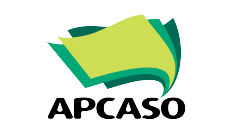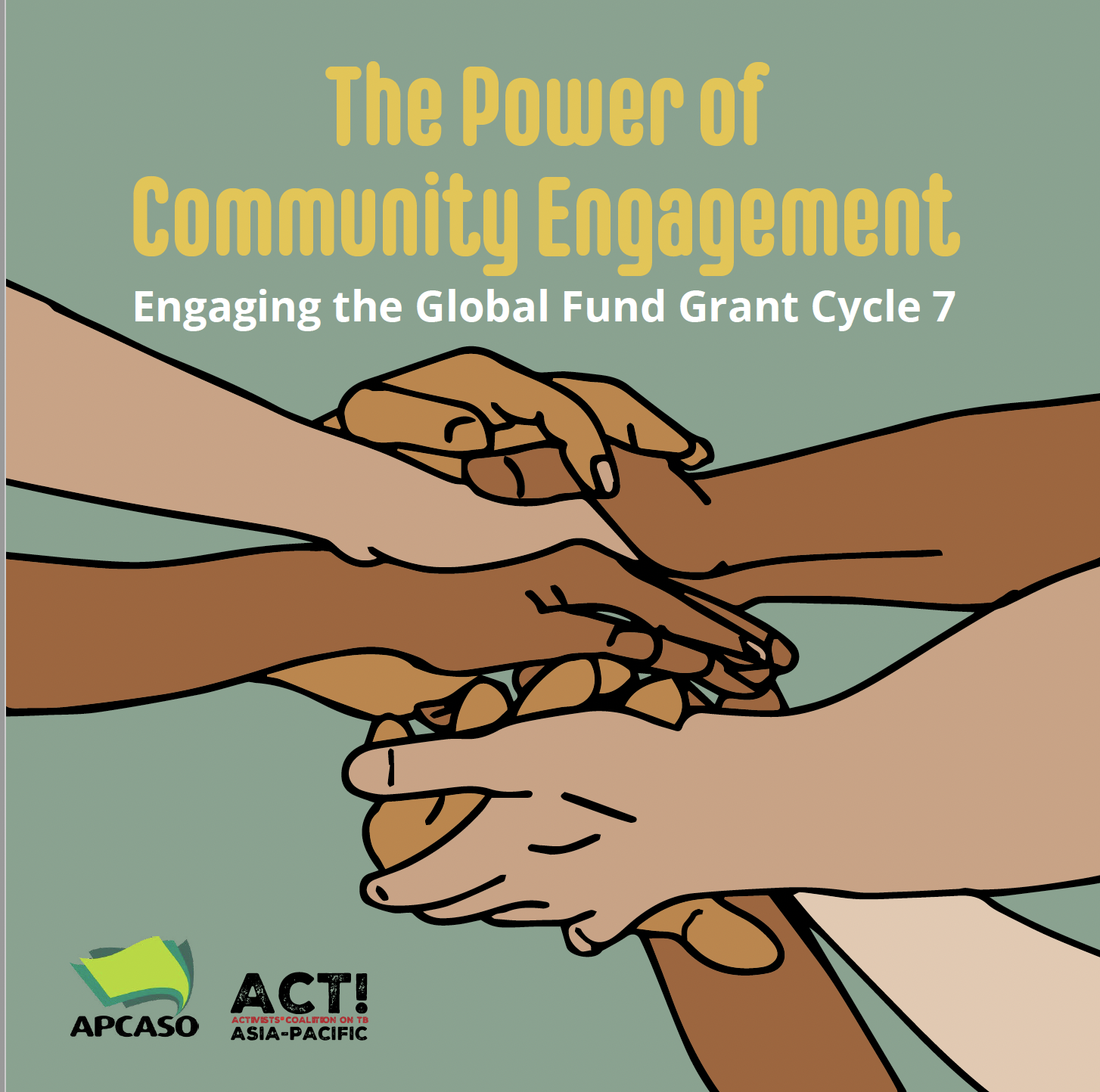TB-affected communities in the region brought their strengths and amplified the voices of their constituencies to engage in the Global Fund’s Grant Cycle 7 (GC7) 2023-2025. Under the Global Fund’s Community Engagement Strategic Initiative (CE SI), the Activists’ Coalition on TB – Asia Pacific (ACT! AP), hosted by APCASO, was provided with a top-up grant to support meaningful engagement of people affected by TB in the GC7 process. The support included regional technical assistance to TB affected communities, co-development and dissemination of GC7 resources, sub-grants to TB survivor or key populations (KP) networks, organisations or groups at country level to support pre-consultations and identification of priorities, as well as engagement and follow ups with writing teams, KPs and Civil Society Country Coordinating Mechanism (CCM) representatives and CCM secretariat.
This regional documentation of lessons learned, best practices and challenges faced during the GC7 process was done to ensure that we collectively learn and are able to strategise better moving forward. The experiences and successes of country partners reflect the determination and drive to ensure that the community’s needs and best interests are prioritised in their country’s funding request. This document captures the experiences from Cambodia, India, Indonesia, Mongolia, Nepal, Pakistan, Papua New Guinea, Sri Lanka and how they contributed to the funding request and the challenges they faced along the way.
This document was compiled through interviews with key informants from the respective countries as well as from the reports they prepared on activities related to their Global Fund engagement from the period January to August 2023. We have endeavoured to capture the reflections of people within this time frame while also referencing engagements from preceding years wherever possible.
The Global Fund Grant Cycle 7 (GC7) presented a new format for countries as it categorised interventions into modules and placed importance on resilient sustainable systems for health (RSSH), with a particular emphasis on community systems strengthening. Under this guideline, the civil society organisations and key affected populations were given the opportunity to bring up a list of their priority interventions through consultations with KPs. Countries were requested to identify community priorities within their funding request and to rank these priorities within the modules under HIV, TB, Malaria and RSSH.

